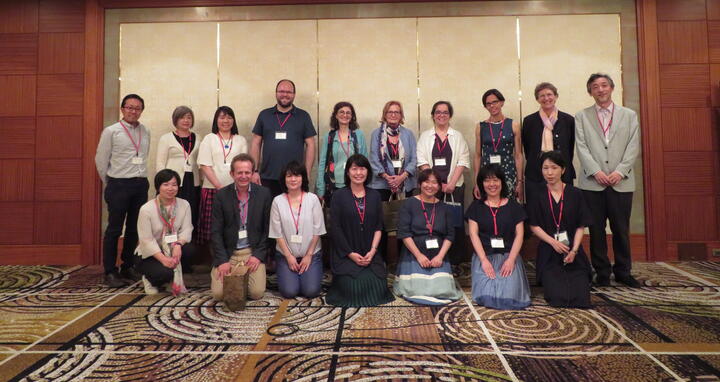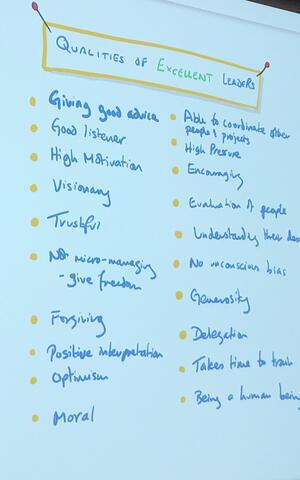Celebrating women in science in Japan
I learned about some terrific science going on in Japan led by brilliant female colleagues.
On 23 June 2019, six EMBO Members – among them Ana Pombo of the MDC – participated in an international symposium that highlighted the work of female researchers working on chromatin biology. The event to celebrate and support female scientists from Japan and Europe took place one day before the joint annual meeting of the Japan Society for Cell Biology and Protein Science Society Japan took place in Kobe.
The speakers of the symposium included EMBO Members Geneviève Almouzni (Institut Curie, Paris, France), Ana Pombo (Max Delbrück Center for Molecular Medicine, Berlin, Germany), Daniela Rhodes (Nanyang Technological University, Singapore), Maria Elena Torres-Padilla (Helmholtz Zentrum München, Germany) and co-organizer Susan Gasser, (Friedrich Miescher Institute for Biomedical Research, Basel, Switzerland). Among the seven female scientists from Japan presenting their work was Noriko Osumi from Tohoku University.
“I learned about some terrific science going on in Japan led by brilliant female colleagues at different levels of their career, from postdocs to full professors,“ says Pombo who heads the group on “Epigenetic Regulation and Chromatin Architecture” at the Berlin Institute for Systems Biology (BIMSB) of the MDC. “They have immense talent and passion for science.”
Qualities of excellent leaders.
Raise awareness of unconscious bias
The half-day scientific symposium was followed by an afternoon of activities based on the content of the EMBO Lab Leadership course for 70 participants. “I became interested in organizing this event after I learned that Japanese group leaders setting up their independent labs do not receive leadership training,” explains Gasser. She continues: “I felt that to support the promotion of female scientists in Japan, it was important to raise awareness of topics such as unconscious bias and gender-balanced leadership.”
“This sort of training is important for all of us”, Pombo adds. “Learning the art of “how to lead a lab” by trial and error leaves too much to chance. We hope that by sharing our experiences we could also inspire our colleagues. It was exciting to see a gender-diverse audience supporting whole-heartedly the event, the local speakers and the international guests.”







